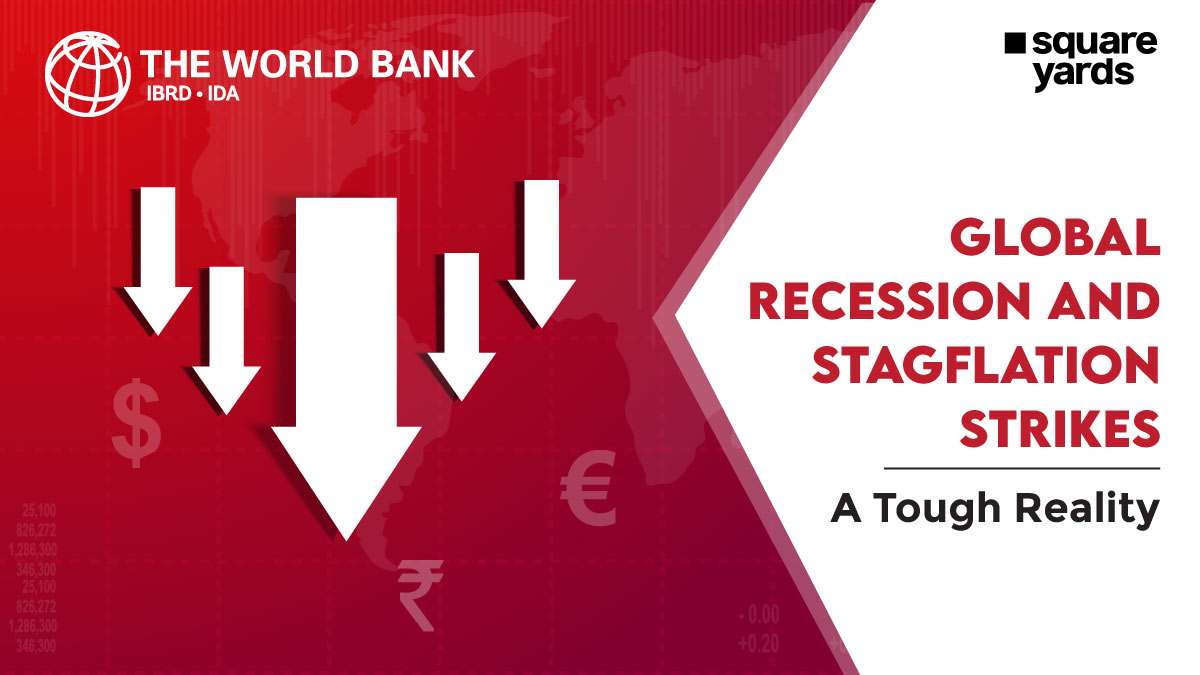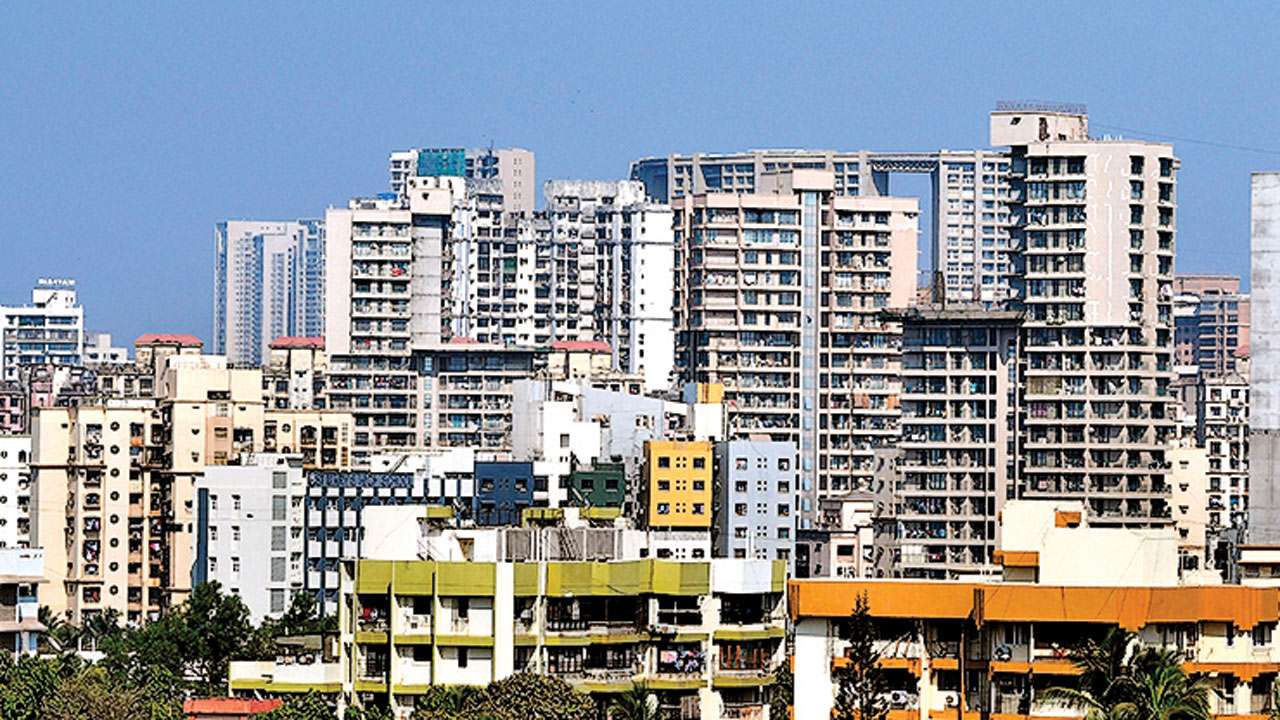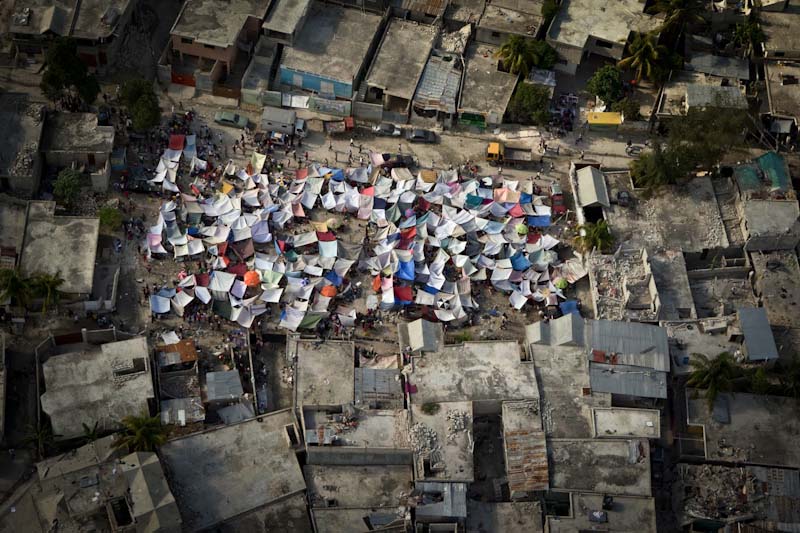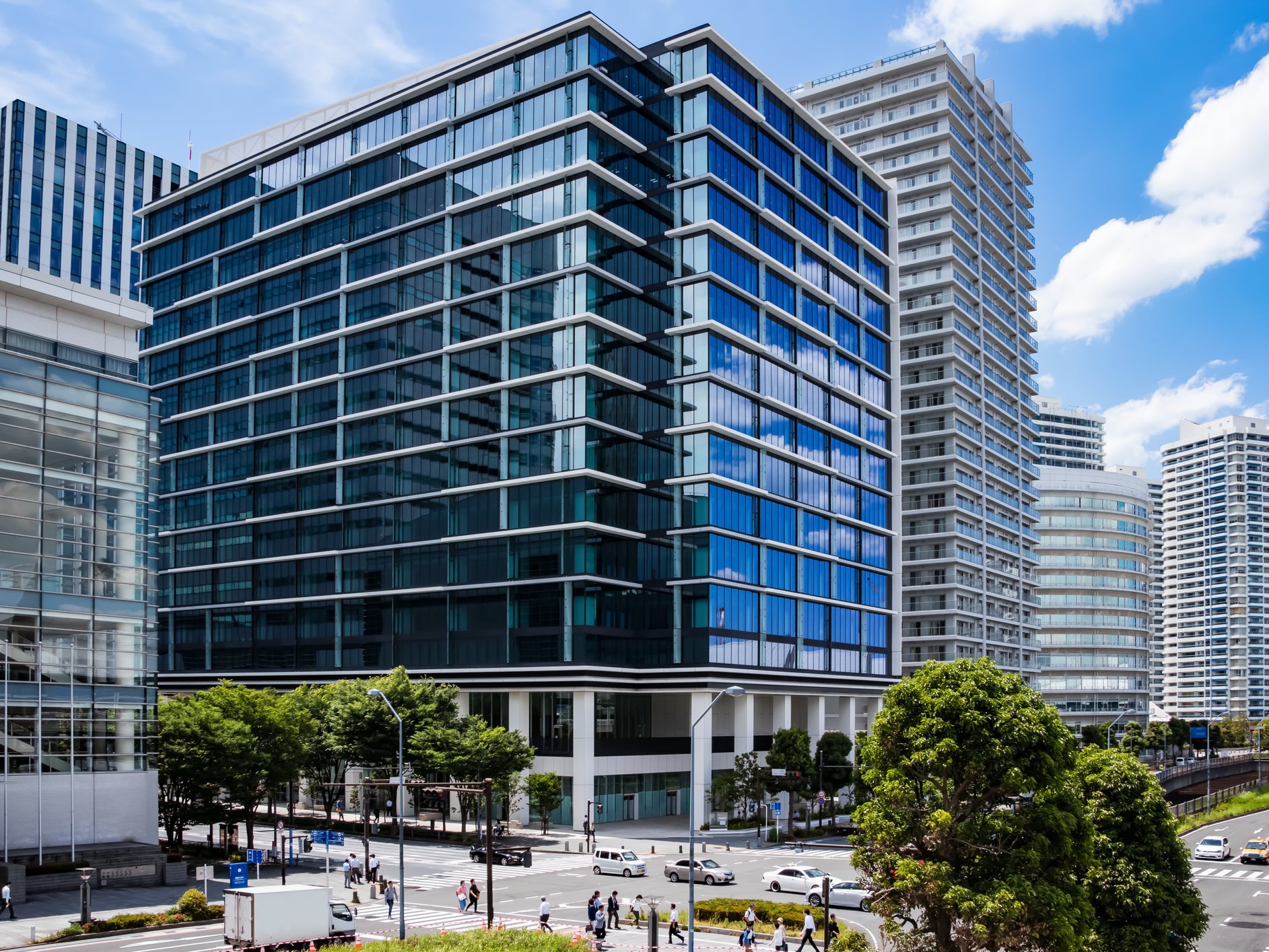| The fear of a cold world recession has always loomed over the economies and has recently been ignited by the pandemic, the Russo-Ukraine War, and oil prices among others. Global recession- the Night King is ready to unleash its wrath on the economies. ‘Winter is coming’ and so is the global recession! |
In a recent report published by the World Bank, a warning has been issued that the economies are likely to get hit by the global recession and stagflation by 2023 for which the countries are taking extensive measures. The study highlights the need to curb inflation without further risking recession.
The two economic terminologies — ‘Stagflation’ and ‘Global Recession’ can collapse a nation like a house of cards, leaving a lingering impact, the horrors of which can be felt years after.
Even while economic recessions are sometimes portrayed as passing phenomena, the effects of declining earnings, rising unemployment, and decreased economic activity can have long-lasting effects on the economy as well as on the financial situations of specific people.
Before we encounter the point-by-point factors instrumental in the global recession of 2023, let’s understand how stagflation differs from the global recession and why the World Bank is important.
Table of contents
World Bank
World Bank is an international institution that grants financial aid to low- and middle-income countries to pursue capital projects or bail them out during economic turmoil. The World Bank Group (WBG) supports developing nations to gain better access to international markets and increase their involvement in the multi-lateral economic system.
Stagflation
An economic cycle known as stagflation is characterised by weak growth, a high unemployment rate, and inflation. This confluence is particularly challenging for economic officials to manage because trying to address one of the issues can make another worse.
Global Recession
A global recession is a prolonged period of economic slowdown or decreased economic output. Trade links and international financial institutions spread economic shocks resulting in a domino effect from one nation to another. Thus, a global recession more or less coordinated recessions across several economies.
World Bank Report: A Summary
The World Bank’s report has attested to the burning question – Are we heading towards a global recession? And yes, it is so. The report unveils the multiple reasons leading to a world recession. From June 2022 to September 2022, World Bank has made public four reports addressing the elephant in the room. These studies have put a pin on the impact of COVID-19, rising crude oil prices, the Russo-Ukrainian War and disruption in the supply chain as a few of the reasons that answer – is the global economy going to crash?
Central Banks of many nations are hiking interest rates to combat inflation. This is causing more harm than good, birthing a financial crisis in emerging economies that may last a while. The US, China, and the eurozone, the three biggest economies in the world, are experiencing a major downturn. Owing to the sensitive situation of the economies right now, even a minor setback can lure global economies into a recession.
The much-anticipated global recession and stagflation can be traced back to the one in 1970. The policy responses to the events of the global recession of 1975, the experience of the 1970s, the subsequent stagflationary period and the worldwide recession of 1982 point out the risk involved in allowing inflation to remain high while growth is meek. During the global crisis in 1982, emerging nations experienced their second-lowest growth rate in five decades, seen only in 2020. It resulted in more than 40 debt crises, and for a decade afterwards, many emerging nations witnessed stagnant economic growth.
Economist Nouriel Roubini or Dr Droom predicted the global recession of 2008 in 2006. Today, he warns economies of an ugly and long recession approaching. Roubini says it will be “Mission Impossible” to achieve a 2% inflation rate without a harsh landing and that the global debt share will cause markets to fall for the US Federal Reserve. The economist compares the upcoming stagflation to the 1970s and severe debt hardship to the 2008 global financial crisis. Banks and households were the two worst affected sectors in the 2008 financial crisis. Hedge funds, private equity firms, and credit companies, among other shadow banks, are going to implode this time, he added. According to data from the National Bureau of Economic Research (NBER), the recession from 1945 to 2009 lasted an average of 11 months.
India and the Clutches of Global Recession
Mass Layoffs
Stagflation and global recession are vultures with a firm grip. India’s economy was not completely integrated with the global economy, yet it is not immune to the US or global recession. The domestic growth rate has dropped from 1.5% to 2.5% in Fed-driven recessions. The disruption in the demand-supply chain is leading to unemployment as American companies like Meta, Twitter, Amazon, and Microsoft among others are laying off employees across the globe including India.
Rupee Weakening Against the Dollar
As the Dollar is becoming stronger with the Fed’s most recent rate hike of 75 basis points, the sliding Rupee is coming under additional pressure. The Indian Rupee is experiencing a steep decline due to rising crude oil prices, consistent hikes in Fed rates and a deepening current account deficit. It is predicted that India’s current account deficit is set to grow to 3.9% of GDP (2022-23) from the current 3.3% of GDP. This is marked as a decadal high.
RBI Revises Repo Rate
To reestablish a sense of price stability without stifling growth, the RBI’s monetary policy panel must tread a fine line between the two opposing factors. To combat the appreciating dollar and prices, the RBI has revised the repo rate four times this year from 4.40% to a whopping 5.90%.
Looking At The Brighter Side
State Bank of India Chairman, Dinesh Khara believes that India won’t feel the hard press of the recession’s clutches like the other nations. The effect of the global recession will not be as fierce for India as it will be for other closely-knitted economies. This is because a sizable portion of the GDP is largely devoted to the domestic economy and India has a predominantly inward-looking economy, in terms of demand. Given its predicted growth rate of 6.8% and inflation that is “largely under control” despite the current global economic adversaries, India is positioned fairly okay. Demand-driven inflation is not the main driver of the problem, it is supply-side inflation. He affirms that future growth prospects for India are anticipated to look brighter.
Due to this, India’s growth rate, current account deficit, macroeconomic stability, and currency are all vulnerable. The Indian economy would continue on its current track, according to Finance Minister Nirmala Sitharaman, despite the global economic challenges. Even though India’s economy is not fully integrated with the global economy, authorities here cannot ignore the global headwinds. The poorest people will be impacted the hardest by rising inflation due to currency depreciation and growing twin deficits.
Global Recession and Stagflation Knocking on Door; Can We Buy Time?
“‘This one is different,’ is the doomsayer’s litany, and, in fact, every recession is different, but that doesn’t mean it’s going to ruin us.” – Peter Lynch
Truer words have never been spoken. Every recession strikes a nation differently which also means the escape routes are varied. Stagflation and a global recession may hit India in 2023 but it will not be able to ‘ruin us’. As we have already established, the impact of the World Bank global recession will not be as lethal for India. Due to its robust credit growth, rising corporate investment, and substantial budget allocation for capital spending by the government, India is better placed than other nations. Let us have a look at the factors that will aid India in escaping the wild beast’s clutches.
- The world’s central banks will need to exercise caution while raising interest rates. A recession might result from excessively rapid rate increases.
- RBI Governor Shaktikanta Das has made it plain that the institution won’t impose overly strict restrictions on prices.
- The Monetary Policy Committee (MPC) will increase interest rates to tackle inflation while preventing a slowdown in the recovery of economic activity.
- Additionally, it is anticipated that the recent reduction in fuel taxes and the ban on the export of important commodities will ease price pressures, potentially eliminating the need for the RBI to raise interest rates too quickly.
- The International Monetary Fund (IMF) will probably lower its growth forecasts once again later this year given the severity of supply chain disruptions.
- Given that India had its largest annual FDI inflow of USD 83.57 billion in the most recent fiscal year, it is clear that India has become a favoured investment destination.
- Since a majority of India’s sovereign debt is held domestically, the nation is shielded from the possibility of defaults and a full-blown sovereign debt crisis, which other developing nations may experience in the upcoming months and years.
In Short!
During economic downturns, not all firms and industries experience the same amount of hardship. Some businesses experience a gain as consumers fall back on substitute products. Recessions are costly for individuals and companies that rely significantly on debt and leverage to make risky speculative or commercial investments. Real resources and assets are reallocated during a recession, which can lead to good buying opportunities for stocks and hard assets like homes, among others. As labour and capital become more affordable, strong enterprises will in turn prosper.
As remarked by Bo Benett “As sure as the spring will follow the winter, prosperity and economic growth will follow recession.“
Equity markets sore to new highs as an economy recovers from the recession. Therefore, only investors with time and patience profit from such situations. All we can ask while the storm brews is to hold on and invest wisely!





































